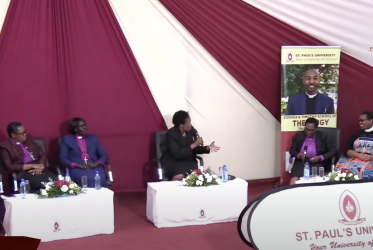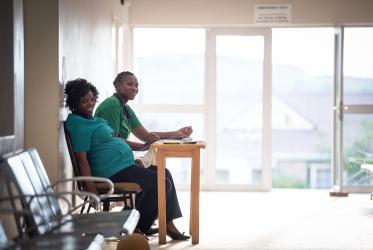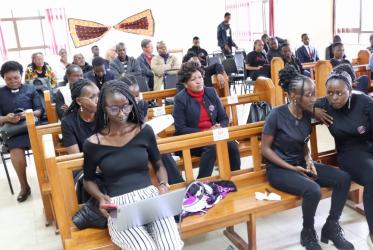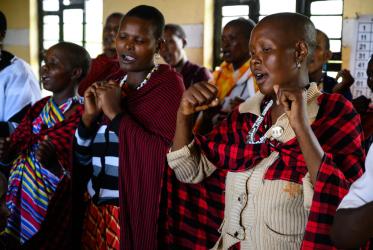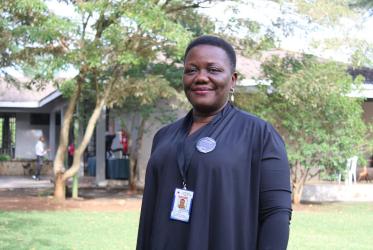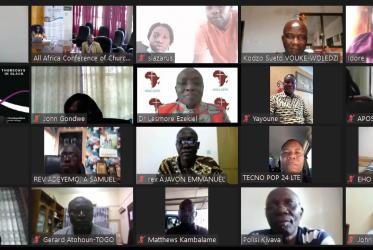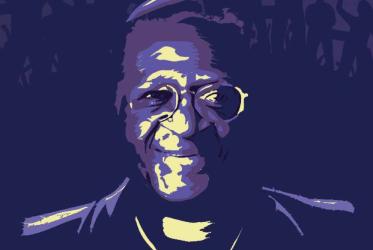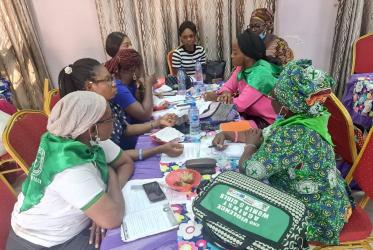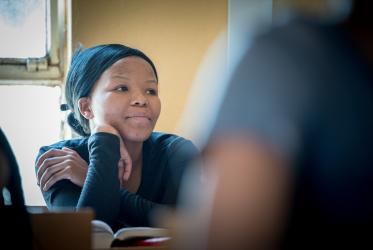Displaying 1 - 20 of 100
06 February 2024
In Angola, WCC takes human rights approach to obstetric fistula
01 February 2024
Tutu’s legacy: A Zoom panel celebrating “the Arch”
03 February 2022
Nigerian churches train women and girls on human rights
20 December 2021
African Churches mark International Women’s Day
09 March 2021


